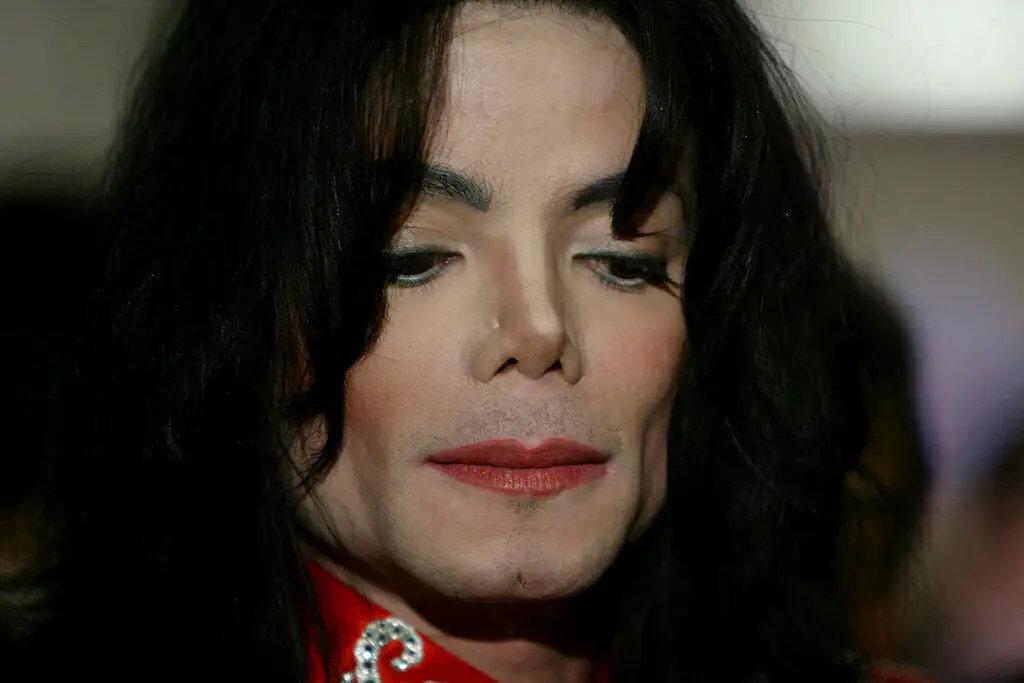June 28, 2024
At the time of his death in 2009, Michael Jackson’s debts and creditor claims exceeded $500 million, according to a recent court filing by the pop icon’s estate, shedding light on his financial troubles towards the end of his life.
Jackson owed about $40 million to tour promoter A.E.G., as detailed in the filing made this month in Los Angeles County Superior Court, initially reported by People magazine. The filing noted that 65 creditors made claims against Jackson after his death, some leading to lawsuits, with some debts “accruing interest at extremely high rates.”
A representative for Jackson’s estate, managed by executors John Branca and John McClain, did not immediately respond to a request for comment. The estate’s filing sought authorization for a payment of approximately $3.5 million to several law firms for their work in the latter half of 2018.
The executors stated in the court filing that they have since eliminated the estate’s debt and resolved almost all creditor claims and litigation.
Throughout the 1980s and 1990s, Jackson earned hundreds of millions of dollars as the creator of some of the best-selling albums of all time and through spectacular concert tours. He purchased the Beatles’ song catalog for $47.5 million in 1985, later selling it to Sony/ATV Music in exchange for a 50 percent share in the company. Sony bought back the estate’s share for $750 million in 2016.
However, when Jackson died at the age of 50, just before he was set to embark on the This Is It tour, he left behind a complex web of assets and liabilities.
Jackson was known for his extravagant lifestyle and spent money lavishly. He accumulated millions in debt from his Neverland Ranch estate in Southern California and had a penchant for expensive art, jewelry, and private jets. During a 2013 wrongful-death trial, a forensic accountant testified that Jackson was paying more than $30 million annually in interest payments. A.E.G. prevailed in the trial.
The Jackson estate is also currently in a dispute with the IRS following a tax audit. In a separate court filing this year, the estate stated that the federal agency accused it of undervaluing its assets, claiming it owed “an additional $700 million in taxes and penalties.”

